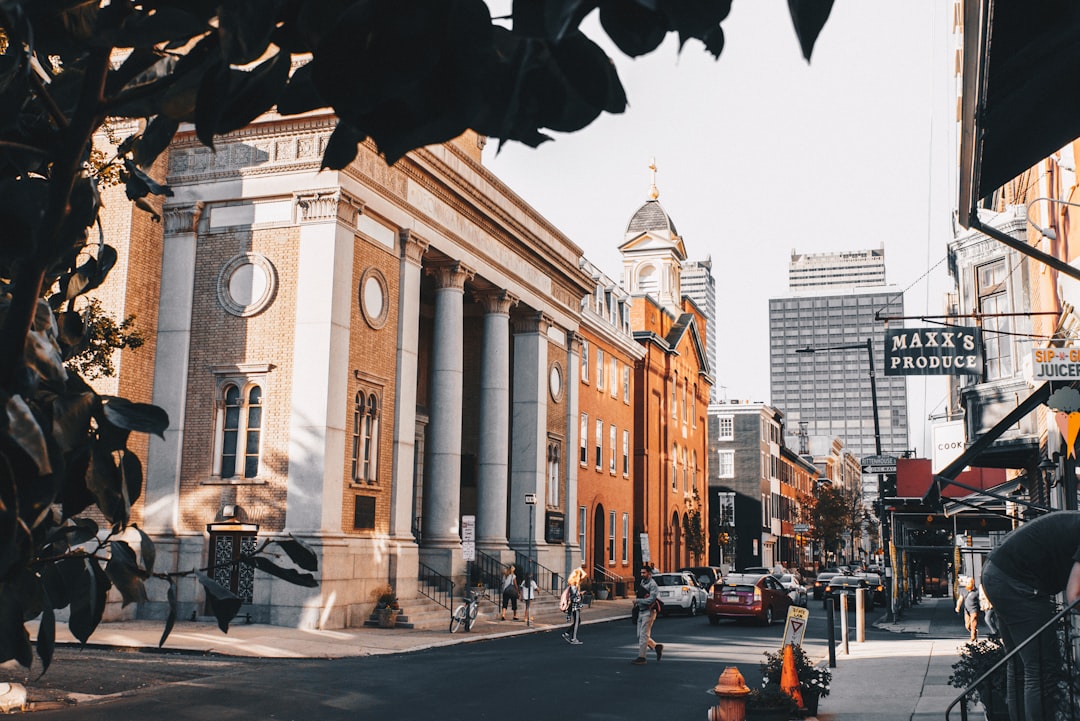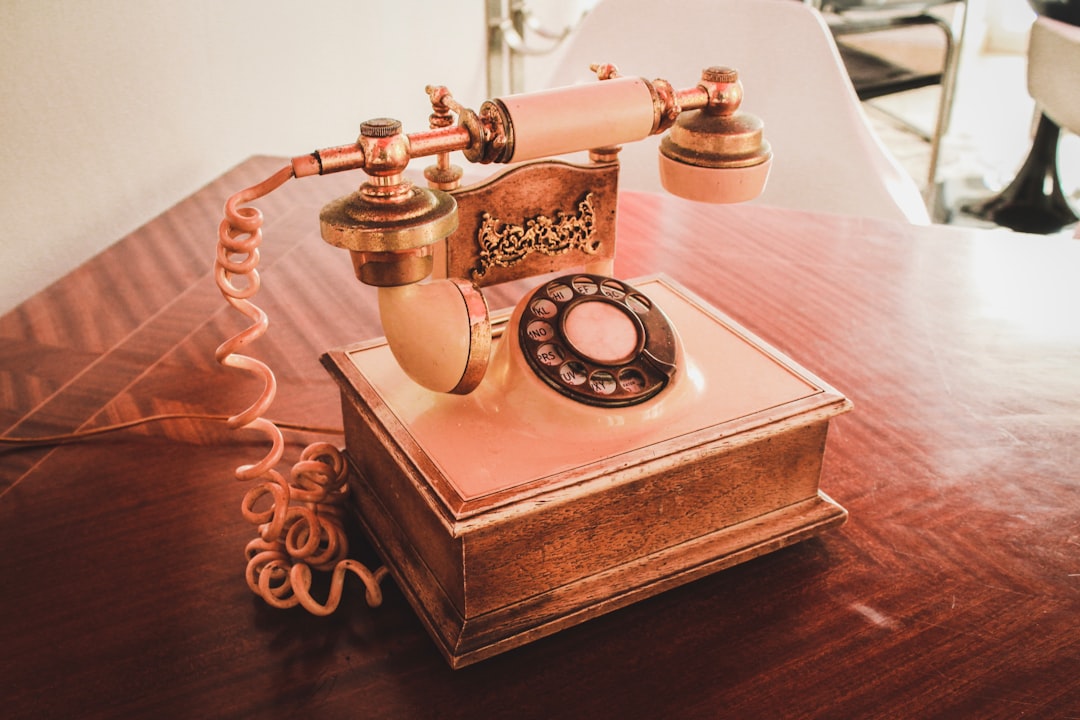Philadelphia's nonprofit sector faces a robocall crisis, with automated calls disrupting operations, annoying donors, and enabling scammers. These intrusive messages, often illegal under the TCPA, require urgent action. Nonprofits can combat this by adopting technology like call screening, educating staff and donors, and promoting do-not-call lists. Legal support from a Robocall Lawyer or Law Firm in Philadelphia is vital for navigating legislation, ensuring compliance, and protecting organizations from financial losses and reputational damage caused by robocalls.
“In the age of automated communication, robocalls have become a pervasive issue, impacting various sectors, including Philadelphia’s nonprofit community. This article delves into the world of robocalls and their effect on local charities. We explore how these pre-recorded calls, often unwanted, can disrupt nonprofit operations and engage in a discussion about legal rights with a Robocall Lawyer Philadelphia. Furthermore, we provide strategies for nonprofits to combat this modern challenge, ensuring they can continue their vital work undeterred.”
Understanding Robocalls and Their Impact on Nonprofits in Philadelphia
In today’s digital era, nonprofits in Philadelphia, like many organizations across the country, face a growing nuisance from automated phone calls, or robocalls. These pre-recorded messages, often unsolicited, are designed to reach a wide audience quickly but can have detrimental effects on nonprofit operations and donor relationships. Robocall Lawyer Philadelphia, Robocall Attorney Philadelphia, and other legal experts are increasingly seeing the impact these calls have on the city’s non-profit sector. From diverting valuable staff time to potential donor annoyance, robocalls pose unique challenges for nonprofits striving to maintain a strong connection with their supporters.
Nonprofits rely heavily on phone communication for fundraising, volunteer recruitment, and program updates. Robocall attorneys Philadelphia note that these automated messages can disrupt this critical interaction, leading to decreased engagement and potential financial losses. Moreover, with the rise of sophisticated robocalling technology, it has become easier for scammers to target nonprofits, posing as legitimate organizations to steal sensitive information or funds. A lawyer for robocall in Philadelphia emphasizes the need for nonprofits to be vigilant and understand their rights and legal recourse when dealing with these intrusive phone calls.
Legal Aspects: Robocall Lawyer Philadelphia and Your Rights
In Philadelphia, as in many places across the country, robocalls have become a ubiquitous and often unwanted part of daily life. While automated calls can be useful for marketing and notifications, they are also frequently used for fraudulent or harassing purposes. If you’ve received unwanted robocalls, knowing your rights is essential. A Robocall Lawyer Philadelphia can provide guidance on how to navigate these legal complexities.
In the face of such calls, individuals have certain protections under federal and state laws. The Telephone Consumer Protection Act (TCPA) prohibits automated or prerecorded calls from being made to personal phone numbers without prior express consent. Violations can result in significant fines for callers. If you’ve been disturbed by these calls, consulting with a robocall attorney Philadelphia or a reputable robocall law firm Philadelphia can help you understand your rights and explore legal options for recourse against the perpetrators.
Strategies for Nonprofits to Mitigate and Respond to Robocalls
Philadelphia’s nonprofits, like many organizations across the country, are increasingly facing the challenge of robocalls. These automated phone calls, often unwanted and intrusive, can disrupt operations, mislead donors, and damage public trust. To mitigate this issue, nonprofits can implement several strategies. First, they should invest in call screening tools that can identify and block robocalls. Secondly, educating both staff and donors about the risks of robocalls and promoting do-not-call lists can help reduce their impact.
Additionally, working with a robocall lawyer Philadelphia or a reputable robocall law firm Philadelphia to understand legal options can empower nonprofits to take proactive measures. These experts can guide on how to navigate the complexities of robocall legislation and ensure compliance, offering peace of mind and protection for the organization’s resources and reputation.






